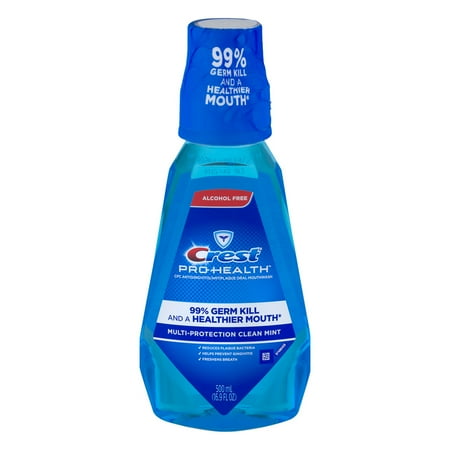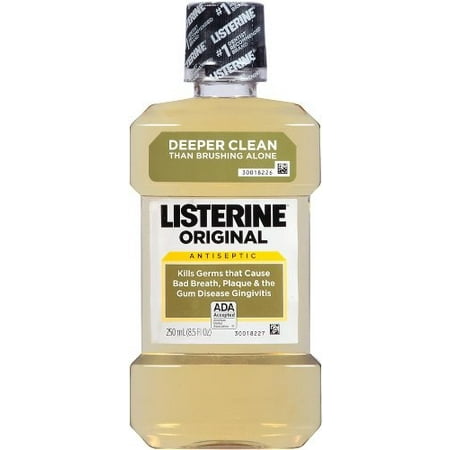Whiten your smile while treating sensitivity at the source for immediate relief. Find Your Toothpaste Today! How To Prevent This Gum Disease.

It is an antiseptic that kills bacteria and other microorganisms. In small doses, cetylpyridinium chloride , along with some other chemicals, is able to kill the harmful bacteria without causing permanent damage to the affected tissue. Cetylpyridinium Chloride ( CPC ) CPC is a well-known, broad-spectrum antimicrobial agent used in over-the-counter rinses to promote gingival health. It acts by penetrating the cell membrane, causing cell components to leak, which eventually leads to cell death.
This action can be described to patients using the analogy of puncturing a water balloon. Rinses containing cetylpyridinium chloride only go so far, and in lab studies they have been proven to kill less bacteria. Consider a mouthwash with CPC (cetylpyridinium chloride).
CPC has been shown to be safe and effective. In a mouth rinse , it binds to the surface of germs and causes them to burst, which helps reduce their build-up on the teeth. Cetylpyridinium chloride , also referred to as CPC or cetyl chloride , is a chemical compound used as an active ingredient in a variety of toothpaste and mouthwash brands, including Cepacol, Scope and Crest Pro Health.
It has also found use as a cosmetic preservative and as an antimicrobial spray used on fruit, poultry, seafood and red meats. The aim of this study was to compare the antiplaque and antigingivitis effects of a mouthwash containing tea tree oil (TTO) with a cetylpyridinium chloride ( CPC ) mouthwash. Materials and Methods: This was a randomized × controlle cross-over, involving healthy volunteers in a 5-day plaque re-growth model. Some mouthwashes contain ingredients, such as cetylpyridinium chloride ( CPC ), zinc chloride, or chlorhexidine, which may directly neutralize these sulfur compounds.
The greatest difference between antibacterial and antiseptic mouthwashes is exactly what you pointed out: most antiseptic mouthwashes contain a significant amount of alcohol, often about percent. Chlorhexidine mouthwash is often, therefore prescribed peri-operatively or post-operatively. Crest Pro-Health multi-protection clean mint mouthwash kills of germs without the harsh burn of alcohol. It is clinically proven to reduce plaque and help prevent plaque regrowth and clinically proven to help prevent and reverse gingivitis in as little as weeks.
This ingredient is found in many health care products and is used in Crest’s Pro-Health line of mouthwashes. It provides hour protection against plaque and gingivitis when used twice per day. In a mouth rinse, it binds to the surface of germs and causes them to burst, which helps reduce their buildup on the teeth. A healthy mouth starts with healthy gums. Neutralize harmful plaque bacteria to help reverse early gum disease and the issues that come with it.

Kills of germs without strong medicinal taste for a fresh, clean mouth. Alcohol-free formula reduces disease, inflammation, and bad breath germs. For other causes, see More on bad breath (halitosis) in the Go Ask Alice! Other options include cetylpyridinium chloride ( CPC ) and chlorhexidine gluconate, the latter of which can be used in mouthwashes with or without alcohol.
Herbal ingredients are also gaining popularity. You can find mouthwash at natural and health food stores made with aloe vera, baking soda, mint oils, and ginger. Specialized formula neutralizes harmful plaque bacteria at the gum line for relief.

Toothpaste that wraps your teeth in sensitivity protection that lasts all day.
No comments:
Post a Comment
Note: Only a member of this blog may post a comment.